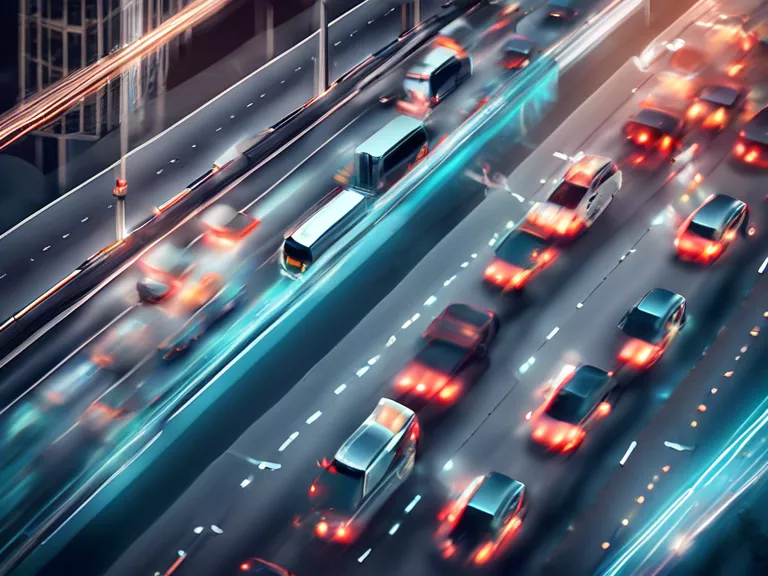
With the advancement of artificial intelligence (AI) technology, real-time traffic and navigation apps have seen a significant impact in recent years. These apps have become crucial tools for daily commuters, road trippers, and delivery drivers, helping them navigate efficiently and avoid traffic congestion. AI has revolutionized the way these apps provide information, predictions, and recommendations to users, making their journeys smoother and more predictable.
One of the key impacts of AI on real-time traffic and navigation apps is improved accuracy in predicting traffic patterns and congestion. Using machine learning algorithms, these apps can analyze massive amounts of data, such as historical traffic data, weather conditions, and road incidents, to predict traffic conditions in real-time. By incorporating AI, these apps can provide more accurate ETAs, alternative routes, and proactive alerts to help users avoid traffic jams and delays.
Furthermore, AI has enhanced the personalization and customization features of these apps. By analyzing users' preferences, driving habits, and past routes, AI can provide tailored recommendations for optimal routes, favorite destinations, and preferred departure times. This level of personalization not only saves time for users but also improves their overall experience with the app.
Another significant impact of AI on real-time traffic and navigation apps is the integration of traffic data from various sources. By utilizing AI algorithms to aggregate and analyze data from sources like GPS sensors, cameras, social media, and public transportation systems, these apps can provide comprehensive and up-to-date information on traffic conditions. This integration enables users to make informed decisions based on real-time data, ultimately leading to smoother and more efficient journeys.
In conclusion, the impact of AI on real-time traffic and navigation apps has been transformative, benefiting users with improved accuracy, personalization, and integration of traffic data. As AI technology continues to evolve, we can expect these apps to become even more sophisticated and user-friendly, further enhancing the way we navigate our daily travels.



